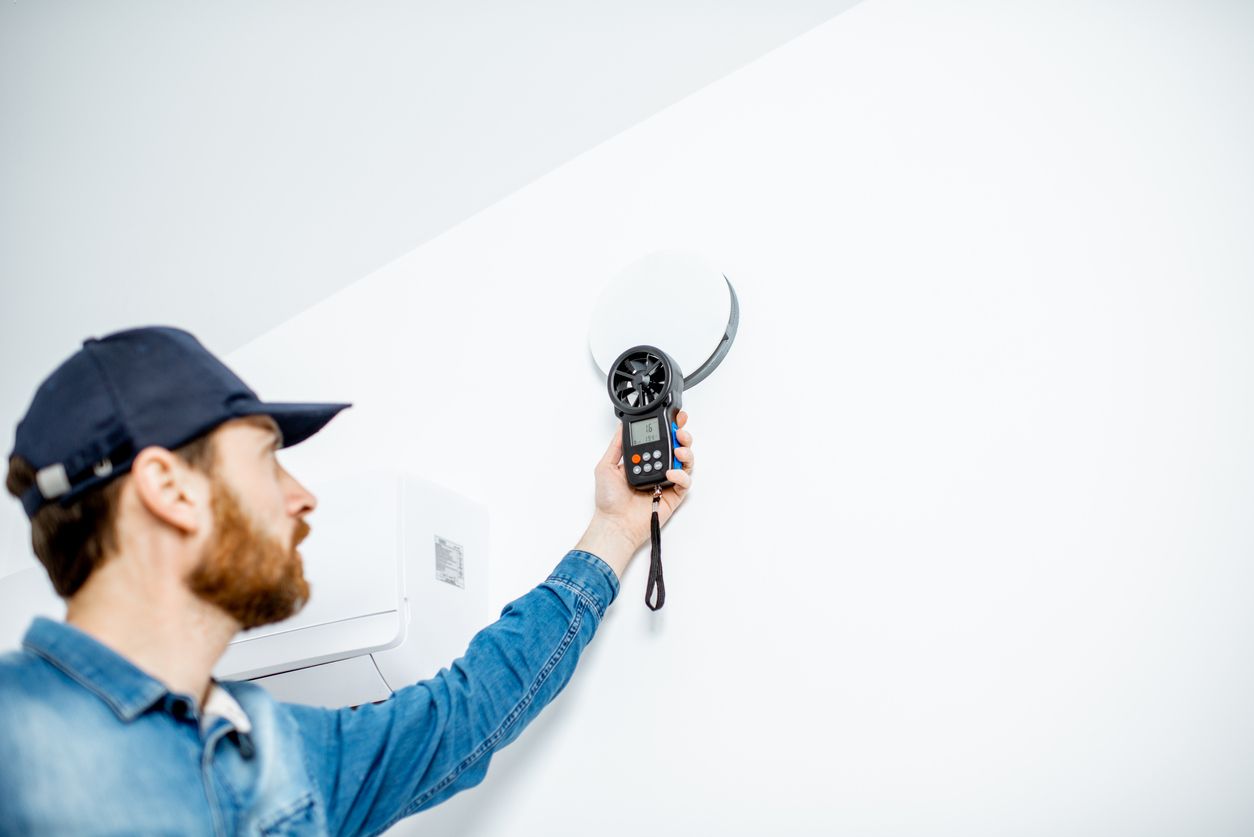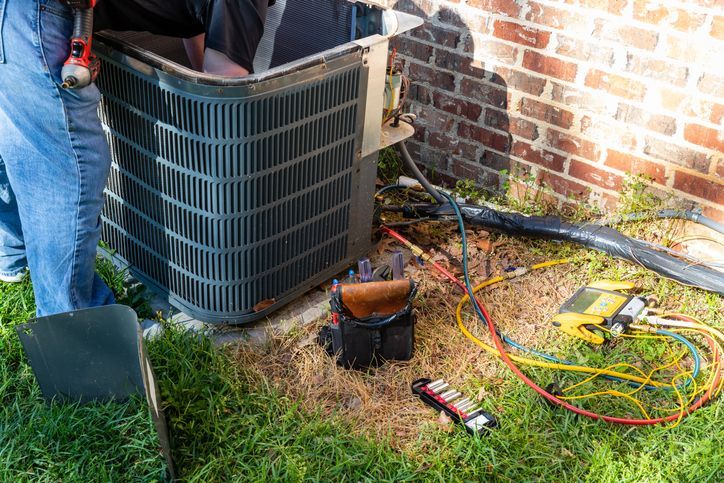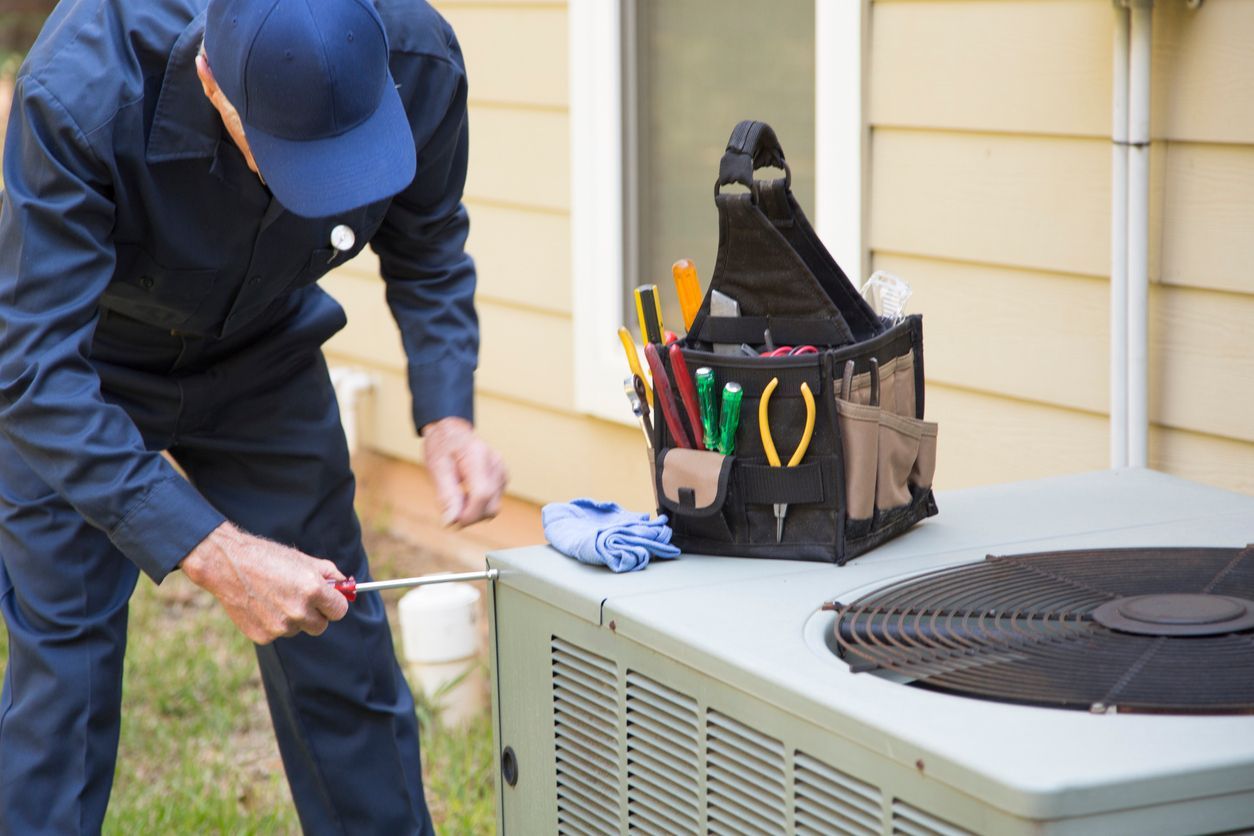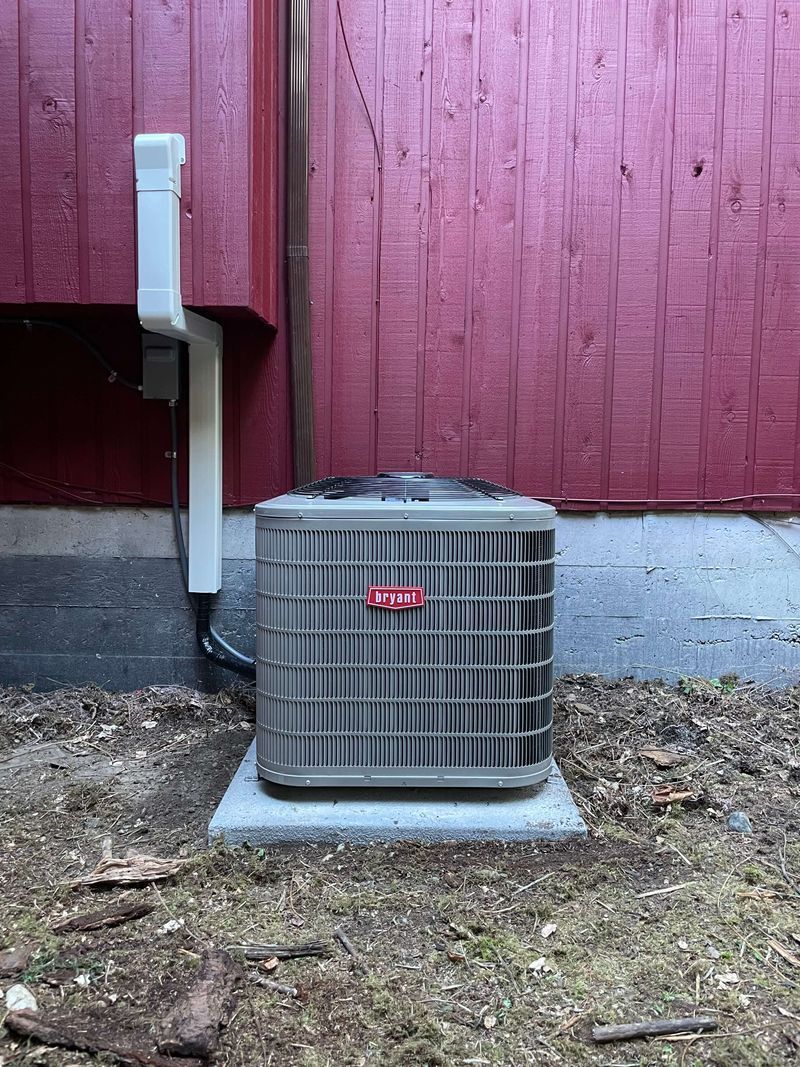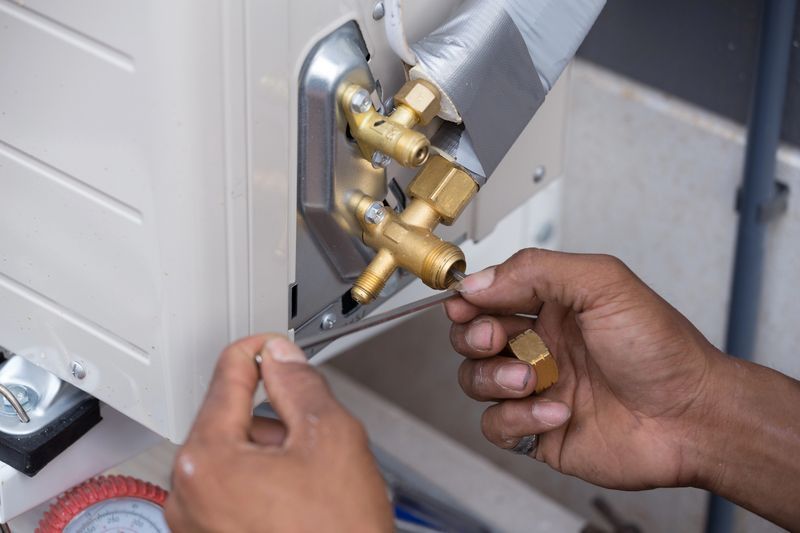Why Your AC Is Freezing Up and How to Prevent It
When the weather heats up, the last thing you want is a malfunctioning air conditioner, especially one that's frozen up. Not only can a frozen AC leave you sweltering in the summer heat, but it can also cause long-term damage to your unit if not addressed quickly.
The good news is that there are several common causes of a frozen AC, and just as many ways to prevent it from happening again. From dirty air filters to refrigerant leaks, learn the culprits behind a frozen AC and get practical tips on how to prevent AC repair in Issaquah, WA.
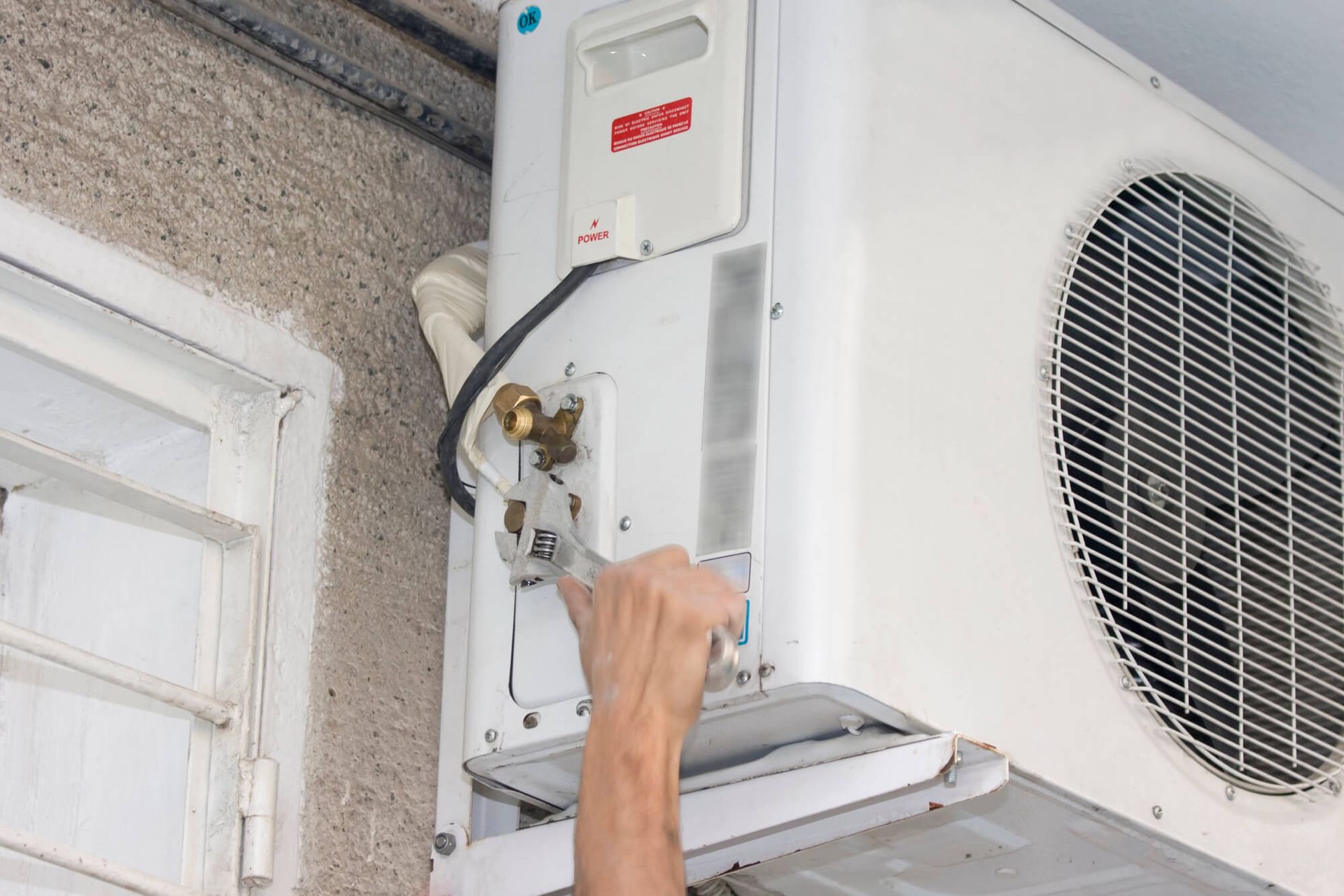
5 Common Causes of an AC Freezing Up
Air conditioning units are complex systems that rely on several components. When one part fails, it can cause the whole system to malfunction.
1. Dirty Air Filters
Air filters are designed to trap dust, dirt, and other particles, preventing them from circulating through your home. However, when filters get too dirty, they block airflow, causing the air to get too cold inside the unit. This restriction leads to the evaporator coils freezing up because the warm air isn’t reaching the coils as it should.
In essence, without proper airflow, the system’s temperature can drop too low, causing ice to form.
2. Low Refrigerant Levels
Refrigerant is the fluid responsible for absorbing heat from inside your home and releasing it outside. If there’s a refrigerant leak or the levels are too low, your AC won’t be able to effectively absorb heat. As a result, the evaporator coils to get too cold, leading to ice buildup.
3. Blocked or Closed Vents
Blocked or closed vents in your home can significantly impact airflow. If airflow is restricted, your AC unit has to work harder to cool your space, and the coils may freeze.
4. Faulty Thermostat
A malfunctioning thermostat can cause the AC to run for too long, overcooling the air and causing the evaporator coils to freeze. If your thermostat is faulty, it may fail to regulate the temperature properly, leading to overextended cooling cycles.
5. Dirty Coils
The evaporator coils in your AC absorb heat from the air inside your home. When they become dirty, they lose their ability to effectively exchange heat, which can lead to freezing. Dust, dirt, and debris on the coils act as insulation, preventing them from absorbing heat.
The Impact of a Frozen AC
If you let a frozen AC continue running, it can lead to several undesirable outcomes, such as:
Reduced Efficiency
When your AC freezes up, it can no longer cool your home efficiently. The ice buildup on the coils restricts airflow and prevents the unit from absorbing and expelling heat properly.
Your home may remain warmer than expected, and you may notice your energy bills rising as your system works overtime trying to cool your space.
Potential Damage to Components
Operating your AC with frozen coils can cause long-term damage to critical components, such as the compressor. The compressor is responsible for circulating refrigerant throughout the system, and when it’s overworked due to a frozen coil, it can burn out.
Repairing or replacing a damaged compressor can be expensive, making it crucial to address freezing issues as soon as possible.
Increased Repair Costs
Ignoring a frozen AC problem can lead to costly repairs or even the need for a full system replacement. In the long run, the cost of fixing a frozen AC is far less than the cost of replacing major components or an entire unit.
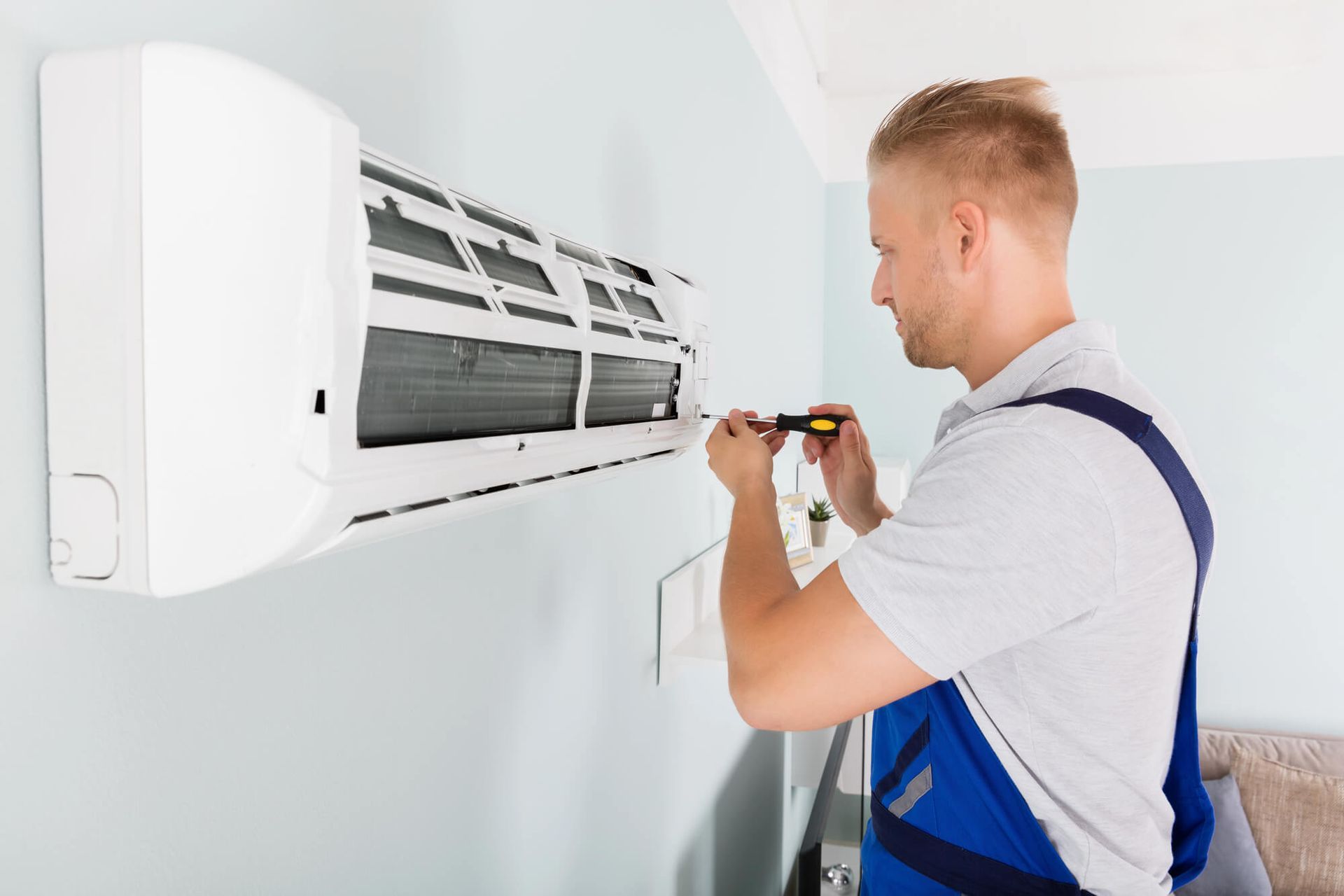
6 Ways to Prevent Your AC from Freezing Up
The best way to avoid a frozen AC is to maintain your system properly and catch problems early. The following are some steps you can take to prevent your AC from freezing up:
1. Regular Maintenance
One of the most effective ways to keep your AC in top condition is to schedule regular maintenance. A professional technician can inspect your unit, clean the coils, check refrigerant levels, and ensure everything is working as it should.
Regular maintenance helps catch small issues before they become major problems and extends the life of your AC unit.
2. Replace or Clean Air Filters Regularly
To ensure proper airflow, replace or clean your air filters every 1-3 months, depending on usage. Dirty filters can reduce airflow, which contributes to freezing coils. This is one of the simplest and most effective tasks you can do to protect your system.
If you have pets or allergies, you may need to replace the filters more frequently.
3. Ensure Proper Airflow
Check that all vents are open and unobstructed to ensure your system can circulate air properly. Blocked vents can cause a buildup of pressure, leading to inefficient cooling and freezing. It’s also important to keep the area around the outdoor unit clear of debris, leaves, and dirt, as this can also restrict airflow.
4. Check and Repair Leaks
If you suspect your AC is low on refrigerant, don’t attempt to refill it yourself. Refrigerant leaks should be repaired by a professional, as handling refrigerant requires specialized training. Regular inspections can help identify refrigerant leaks early, preventing ice buildup on the coils and improving overall efficiency.
5. Calibrate the Thermostat
A malfunctioning thermostat can cause the AC to overcool and freeze the coils. Have your thermostat calibrated regularly to ensure it’s accurately regulating the temperature in your home. If your thermostat is old or malfunctioning, it may be time to replace it with a newer model to maintain precise control.
6. Install a Programmable Thermostat
A programmable thermostat allows you to set temperature schedules based on your needs, which can prevent the AC from running too long or cooling the home when it's unnecessary, reducing the risk of freezing.
By using a programmable thermostat, you can also save energy and reduce wear and tear on your system.
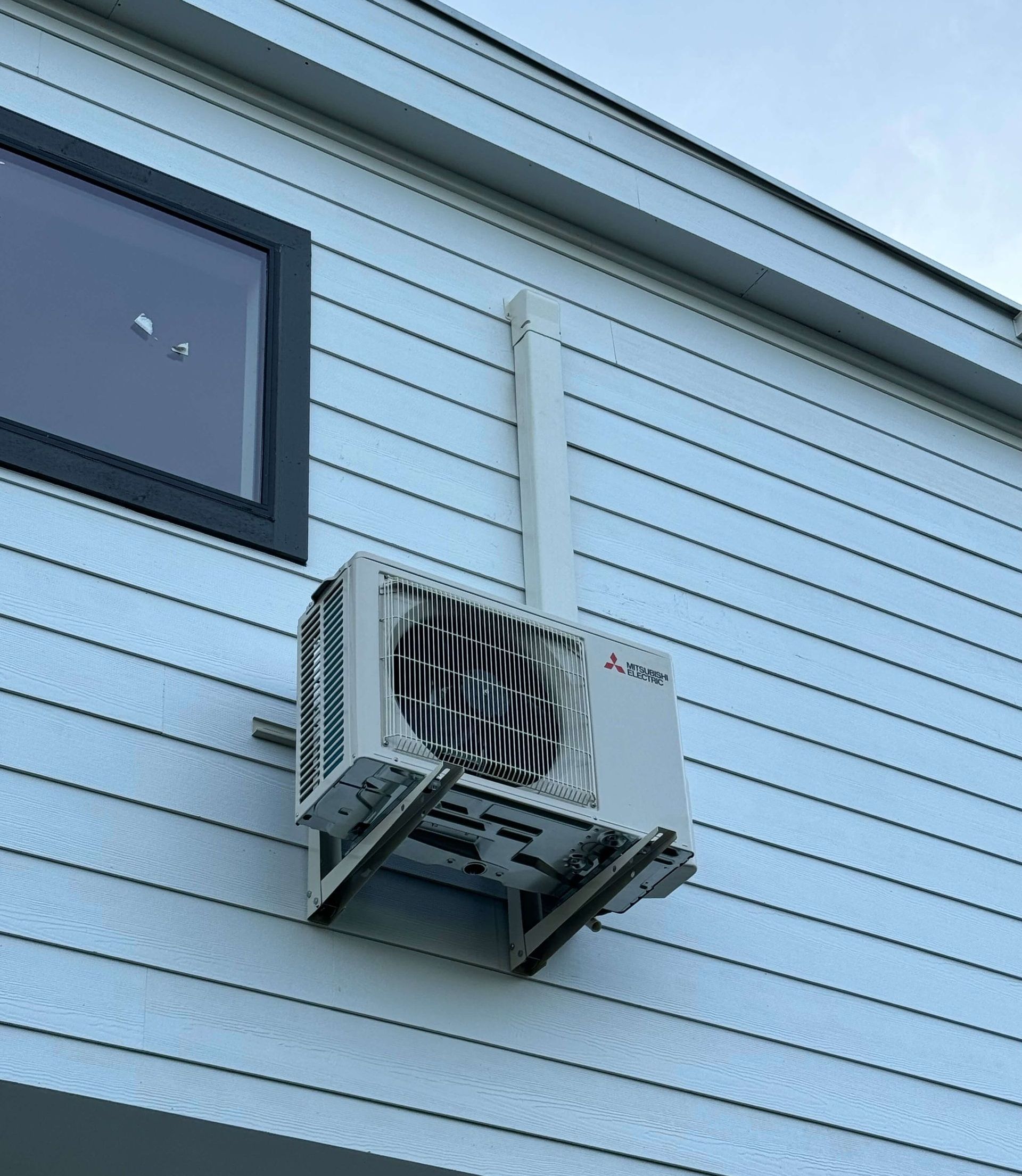
When to Call a Professional
While some issues can be resolved through DIY troubleshooting, certain problems, such as refrigerant leaks or a malfunctioning compressor, require professional attention.
If you’ve tried troubleshooting and your AC continues to freeze up, it’s time to call a technician. Prompt service will prevent further damage to your system and ensure it’s running at peak efficiency.
Does Your Unit Need AC Repair in Issaquah, WA?
At Ready Energy Solutions, we’ve been proudly serving the Greater Seattle area for over five years, offering expert HVAC services for homes and businesses. As a Mitsubishi Diamond Contractor, we also back our installations with a 12-year warranty. Need AC repairs or maintenance? Reach out today for trusted, friendly service!

